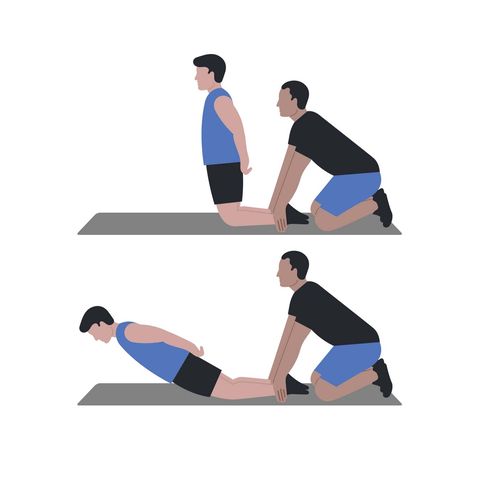FAQ’s About Sports Injuries
Today, we’ll delve into some of the most frequently asked questions we encounter daily regarding sports injuries. These questions provide insight into the common concerns and uncertainties athletes face when dealing with injuries.
1. Can Physical Therapy Replace Surgery for Sports Injuries?
The necessity of surgery for a sports injury varies based on individual circumstances. While some patients are advised that surgery is their sole option, it’s essential to consider alternatives. In certain cases, a misdiagnosis by a physician or medical provider can lead to such recommendations. The decision to pursue surgery or explore conservative treatment options depends on your specific goals and the potential for recovery. A thorough evaluation can help determine the best course of action.
2. When to Use Ice or Heat for Injury Management?
Choosing between ice and heat for injury management is a common dilemma. In general, if an injury is acute and characterized by swelling, applying ice is recommended. Ice helps reduce inflammation and alleviate pain. However, in the absence of swelling, heat therapy can be more beneficial. Heat enhances blood flow, promoting healing. The appropriate choice depends on the nature of the injury and its stage of healing.
3. Do Foot Orthotics Effectively Prevent Injuries?
Foot orthotics are frequently utilized to realign the knee, foot, and hip, and they can be effective in injury prevention for some individuals. These custom or over-the-counter devices are particularly beneficial for those with structural issues like flat feet, which can lead to excessive stress on the knee. However, the effectiveness of foot orthotics depends on their proper design and fit. Ill-fitted orthotics can potentially exacerbate issues, emphasizing the need for accurate evaluation to determine whether orthotics are necessary for a specific condition.
4. Should I Stretch More to Prevent Injuries?
Stretching is a topic of debate when it comes to injury prevention. The type and timing of stretching are crucial. Dynamic warm-up and mobility movements are preferable before sports activities. These routines activate the nervous system, preparing the body for action and reducing the risk of injury. In contrast, static stretching, which decreases nervous system excitability, should not be performed immediately before competition. Stretching is essential only when a muscle is tight, with long-duration static stretching recommended for tight muscles. Stretching should be used with caution, as improper use can lead to injury.
5. How to Prevent Hamstring Injuries?
Hamstring injuries are common in sports. Preventive measures include strength training, which enhances the hamstring’s capacity to absorb the forces associated with sprinting and directional changes.
A specific exercise, the Nordic Hamstring Curl, which employs eccentric muscle contraction, places significant tension on the hamstrings and is valuable in injury prevention. By progressively strengthening this muscle group, you can reduce the risk of hamstring strains.

6. When Can an Athlete Safely Return to the Game?
Determining when an athlete can safely return to sports involves evaluating various factors, including the athlete’s mindset, the potential risk, and their physical readiness. Competing athletes often have a strong desire to return to the game swiftly, but it’s essential to prioritize safety.
A healthcare provider assesses risk versus reward and conducts various tests to determine an athlete’s readiness. Functional tests and a comparison of the injured and non-injured sides can help gauge an athlete’s preparedness for a safe return to sports.
Why Should I Choose Your Fort Myers, FL Sports Injury Clinic?
In summary, these questions shed light on the intricate world of sports injuries. Effective injury management and prevention require careful consideration of individual factors, and the guidance of experts in sports injury treatment and rehabilitation, like Back In Motion Physical Therapy & Performance in Fort Myers, FL. Our team of dedicated professionals specializes in uncovering the root causes of injuries and providing comprehensive care that extends beyond symptom relief.
If you’re dealing with a sports injury, you don’t have to endure it alone. Contact our office at 239-223-0484 to schedule an appointment and embark on your journey to recovery. Looking for a sports injury clinic near you? We offer Physical Therapy services in Fort Myers and Cape Coral, FL, to support you in your path to optimal performance and well-being.




